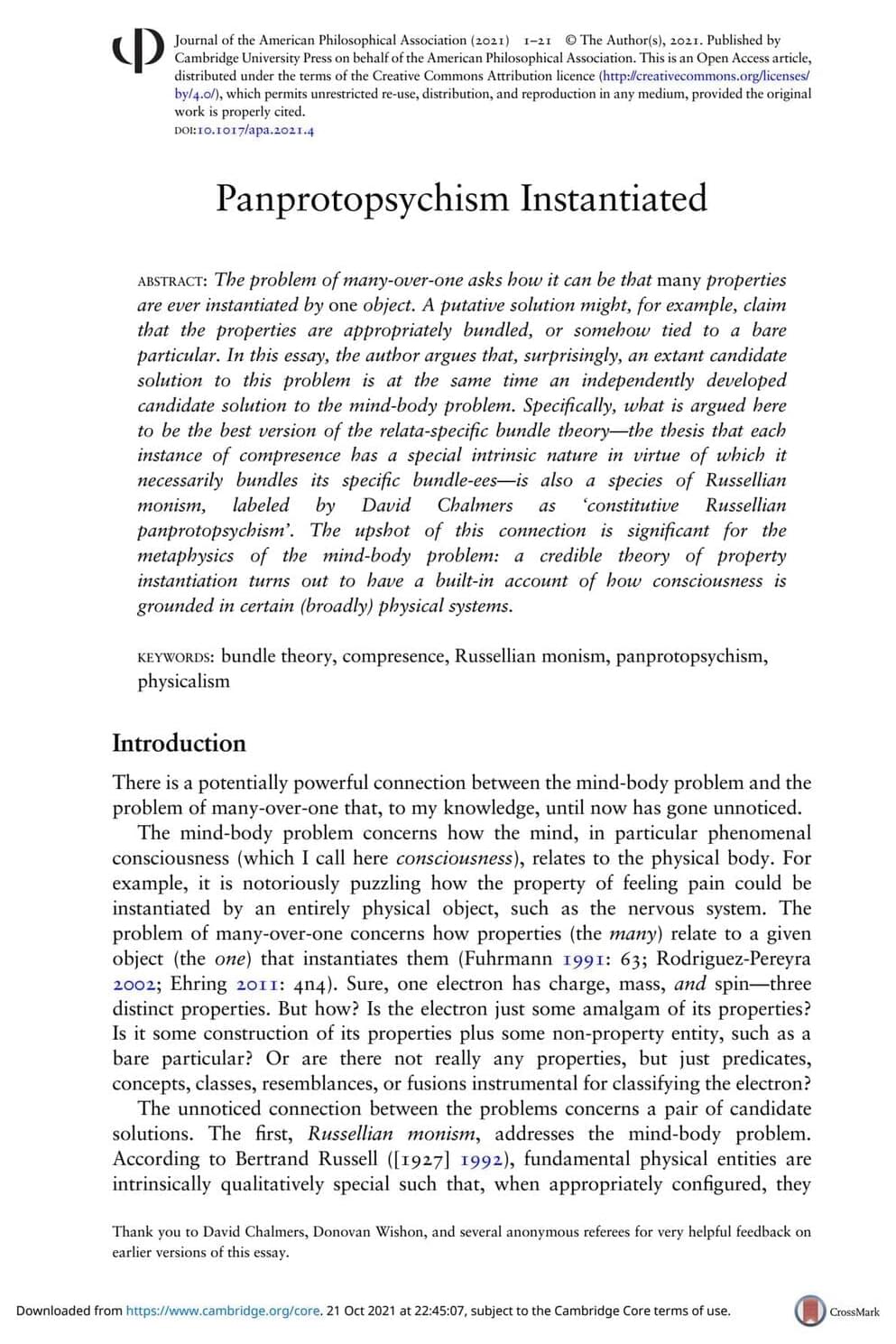Join the discussion on this paper page.




Fast and cheap for AI inference (responding to chat prompts with very low latency at very high speeds.)
Discussing how it works, benchmarks, how it compares to other AI accelerators and the future outlook!
Support me at Patreon ➜ / anastasiintech.
Sign up for my Deep In Tech Newsletter for free! ➜ https://anastasiintech.substack.com.


Understanding Neuromorphic Engineering.
Neuromorphic Engineering draws inspiration from the human brain’s architecture and functioning, aiming to create electronic systems that mimic the brain’s ability to process information in a parallel, energy-efficient, and adaptable manner. Unlike traditional computing, which relies on sequential processing, neuromorphic systems leverage neural networks to enable faster and more efficient computation.
Mimicking the Human Brain.

Electrocatalytic transformations often involve the concerted transfer of electrons and protons at electrode interfaces; however, these processes are not well understood. Now, experiments on an electrode that features well-defined molecular sites deepen fundamental understanding of such transfers to pave the way for future catalysts.

EMO: Emote Portrait Alive will make anyone sing your favorite song.
